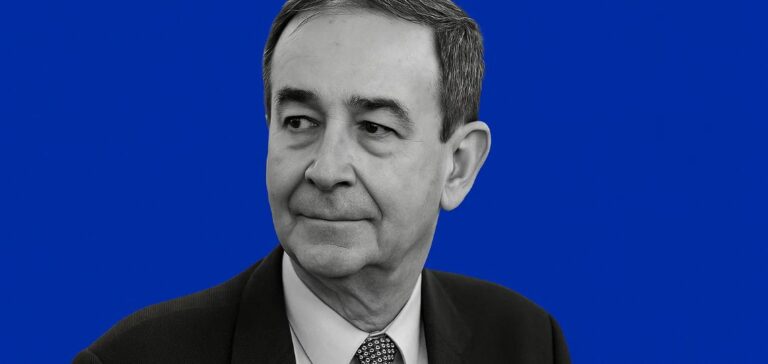Bernard Fontana was officially appointed this Wednesday by the Council of Ministers as Chairman and Chief Executive Officer of Électricité de France (EDF), a public company fully owned by the French State. This decision marks a strategic shift towards a firmly industrial leadership following the departure of Luc Rémont. A graduate of École Polytechnique and Ensta, Fontana has built a long career in energy-intensive sectors such as chemicals, steel, and cement, where electricity pricing is a critical factor.
A leader from high energy-intensive industries
After starting his career in 1987 at the Société nationale des poudres et explosifs (SNPE), Bernard Fontana held several senior positions, including at ArcelorMittal, where he led human resources, and at Holcim, which he managed until its merger with Lafarge. His profile was shaped through direct involvement in sectors heavily exposed to international competition and reliant on stable electricity tariffs. This experience is considered crucial as EDF must renegotiate supply terms with many large industrial clients.
These negotiations have become urgent due to the upcoming end, in December, of the Regulated Access to Historical Nuclear Electricity (Arenh), which provided companies with preferential rates. In front of senators, Bernard Fontana pledged to “quickly identify possible room for manoeuvre” to secure new contracts, particularly in sectors such as aluminium, chemicals, and metallurgy.
Reviving nuclear while maintaining financial balance
Since 2015, Bernard Fontana had been leading Framatome, an EDF subsidiary specialising in nuclear boiler systems, which he helped stabilise after several industrial and financial setbacks. In March 2024, he also took charge of EDF’s “Industry and Services” division, broadening his strategic role. This dual responsibility has made him a central figure in the country’s civilian nuclear revival strategy.
In his first internal statements, Fontana expressed his intention to ensure low-carbon, competitive electricity for all consumers, particularly industrial ones. He will also be tasked with restoring the performance of the existing nuclear fleet, managing costs and timelines for new projects, and ensuring the company’s financial sustainability. These priorities were clearly laid out during his parliamentary hearing.
A technical profile for a political shift
By replacing Luc Rémont, dismissed by EDF’s sole shareholder—the State—Bernard Fontana brings an execution-focused industrial approach. His leadership at Framatome reinforced his role in shaping the French nuclear sector. An EDF senior executive, interviewed by AFP in March, noted “a global vision that could be valuable” for the group and praised his listening skills and proximity to field teams.
Asked by a senator about potential contradictions between industrial goals, budgetary constraints, and political mandates, Bernard Fontana responded clearly: “Do I feel dizzy? No.” The new Chairman and CEO inherits a broad portfolio of responsibilities in a context of fundamental transformation of the French energy model.






















